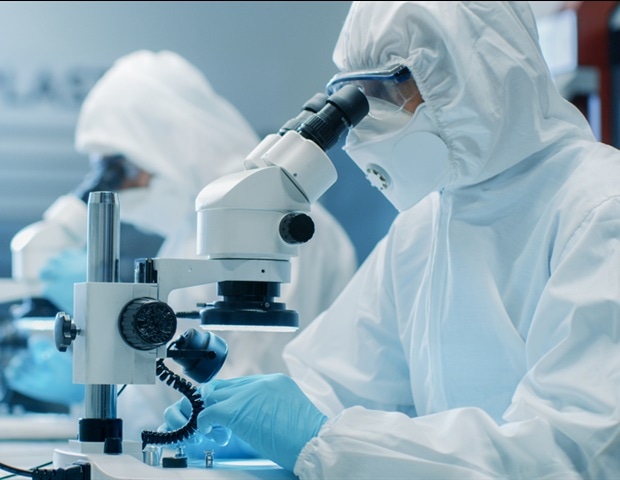WEDNESDAY, Aug. 31, 2022 (HealthDay News) — Munching handfuls of microwave popcorn might be perfect for movie night, but your snack could be loading your body with potentially harmful “forever chemicals,” experts warn.
Many microwave popcorn bags are lined with PFAS (perfluoroalkyls and polyfluoroalkyl substances), and evidence has shown that these chemicals will leach into the snack during popping.
Studies have found “high levels of these compounds in the blood of people who ate microwave popcorn regularly, so it does get into the bloodstream,” said Dr. David Heber, founding director of the UCLA Center for Human Nutrition.
PFAS compounds are called forever chemicals because they break down very slowly, accumulating both in the environment and within human bodies.
The chemicals are commonly found in drinking water supplies throughout the United States, and can be found in the blood of 97% of U.S. residents, the federal government estimates.
“There’s been a lot of attention on drinking water, but food is also a major source of exposure and studies have shown that consuming microwave popcorn and fast food is correlated with higher PFAS levels in the body,” said David Andrews, a senior scientist with the nonprofit Environmental Working Group.
PFAS chemicals originally were developed in the 1950s as part of the nonstick coating of pans, Heber said.
They’ve since been added to many consumer products, including cleaning solutions, waterproof makeup, firefighting foam and stain-resistant coatings for carpets and upholstery.
Microwave popcorn manufacturers add PFAS to the lining of the bags to keep the oil that pops the corn from soaking out, Andrews said.
The PFAS also help keep the bag from burning, Heber said.
“You know sometimes if you leave the popcorn in a lot longer, you’ll end up with blackened kernels that have burned?” Heber said. “Well, that’s hot enough to also burn the paper, so this protects the paper from starting a fire in the kitchen.”
But during the popping process, PFAS leach into the popcorn, making the snack one of the most notorious means by which the chemicals enter human bodies, Andrews said.





